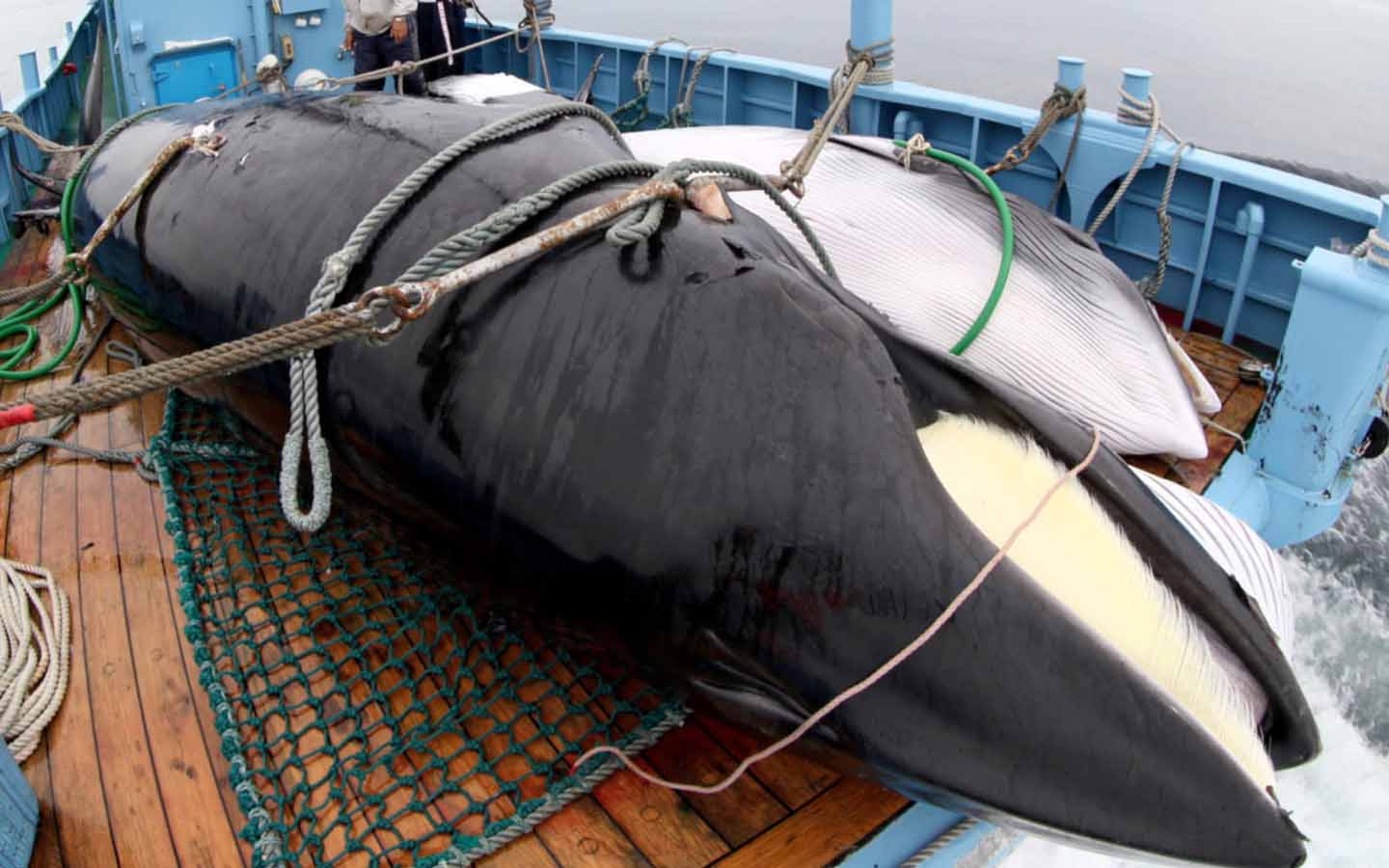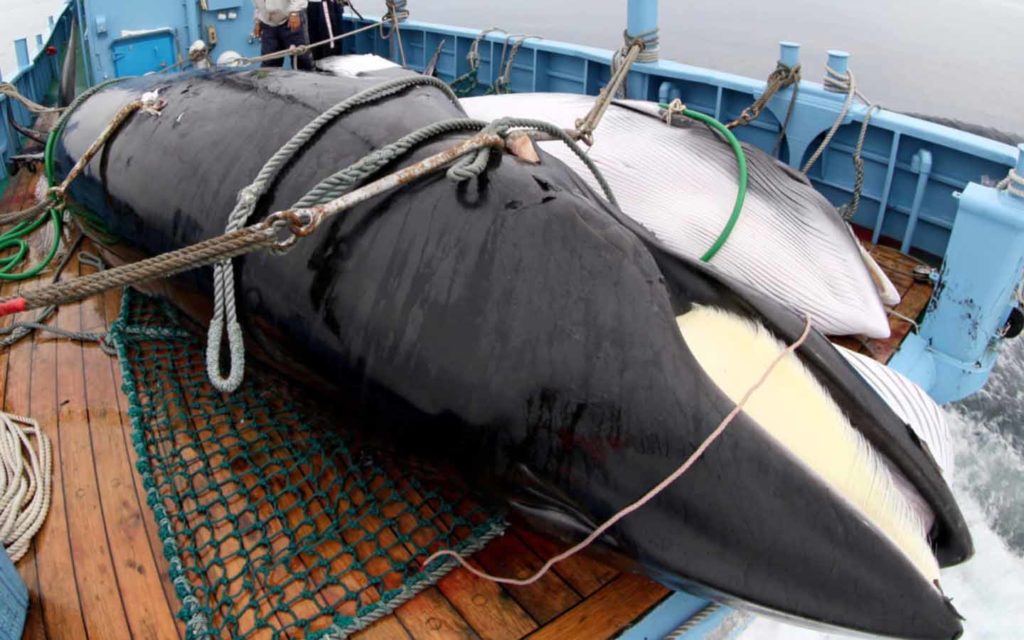Japan will resume whaling from July 1, soon after the conclusion of the G20 summit. Environmentalists have urged world leaders to speak up against the decision
The Japanese ships shall head towards the coastal waters on 1st July after its announcement to leave the International Whaling Commission (IWC) on 30th June six months earlier
The decision to leave came as a result of Japan proposal to resume commercial hunting of species being voted down by the council.
Vessels will now be departed from Kushiro, on the northern island of Hokkoido, for hunting whale species like minke, sei and Bryde.
Environmentalists Look towards G20 leaders for Support
Condemning the decision, environmentalists urged world leaders at the G20 summit to retrain from resuming whaling practices.
“It has taken the combined efforts of every nation on earth to bring whale conservation to the fore,” said one naturalist.
“At the G20 summit, our leaders need to talk to our friends in Japan, and let them know that – on this issue – they are deeply at odds with the rest of the world,” he added.
President of Humane Society International, Kitty Block stated, “Japan leaving the IWC and defying international law to pursue its commercial whaling ambitions is renegade, retrograde and myopic.”
“It is undermining its international reputation for an industry whose days are so clearly numbered, to produce a product for which demand has plummeted.”
“The IWC is maintaining its ban on commercial whaling for very good reasons and world leaders meeting in Japan this week should not turn a blind eye to the cruel assault planned on whales of the North Pacific,” she added.
To avoid a diplomatic backlash, Japan is looking to announce its hunt quota only after the G20 summit.
The Local Community
Amid conservationist protests, the local fishing community in Ayukawa is waiting to resume whale trade that dates back to the 19th century.
A local fisherman said, “People here have hunted whales for a long time, so we thought it was only natural for Japan to leave the IWC and start hunting commercially again.”
Environmentalists Condemn the Act
Director of marine conservation at the International Fund for Animal Welfare, Patrick Ramage, termed Japan’s decision to leave IWC as a “face-saving” admission. He further added that Japan had contributed nothing instead caused diplomatic friction with anti-whaling nations such as Australia.
“Only the most convinced fisheries agency bureaucrat would suggest it is still possible to resuscitate consumer demand and commence a glorious new era of coastal commercial whaling and domestic demand for whale meat.”
Conservation groups and public figures, in a letter published on Friday, have urged G20 leaders to publicly condemn commercial whaling and stage an “intervention” at the summit.










